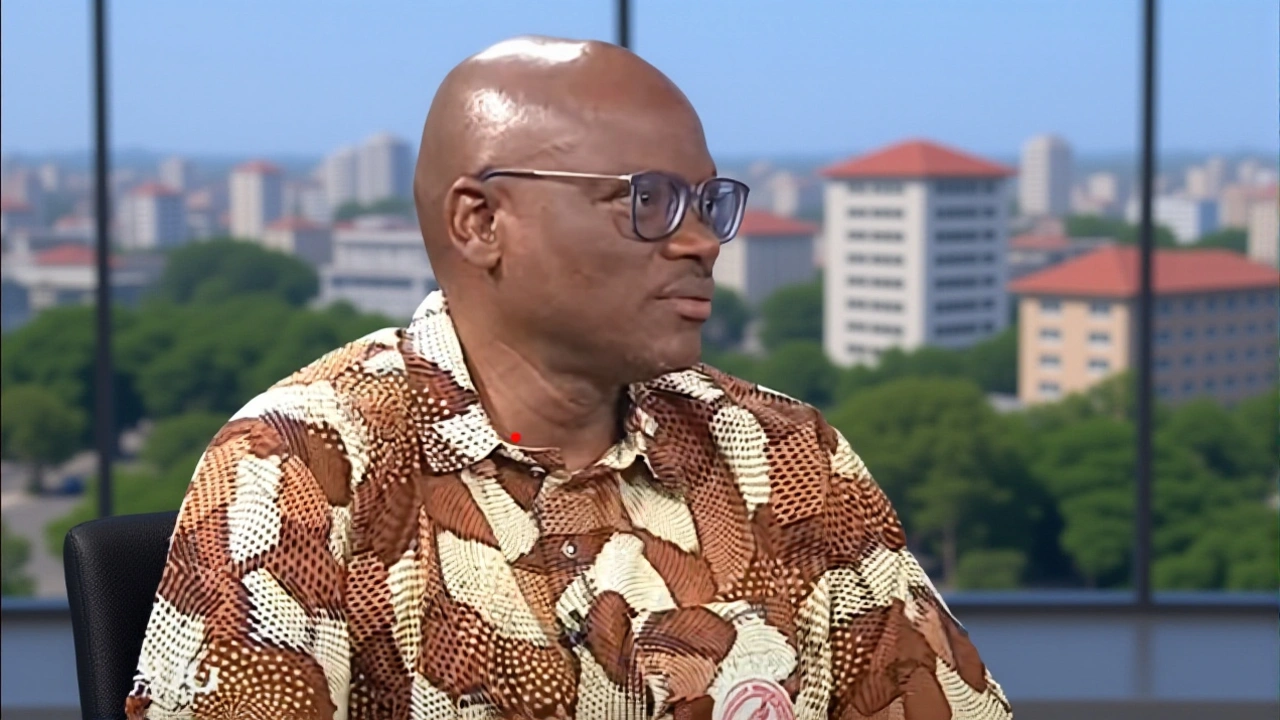When talking about Nigerian federal universities, the publicly funded higher‑education institutions that operate under the Federal Government of Nigeria. Also known as federal universities, they serve millions of students, drive research, and shape the country’s skilled workforce. National Universities Commission, the regulatory body that oversees accreditation and quality standards for Nigerian higher education ensures each campus meets national benchmarks, while university funding, government allocations, research grants, and private partnerships that sustain operations and research fuels everything from new labs to scholarship programmes. Student activism, organized movements by students that influence university policies and national education reforms has become a powerful force, shaping everything from fee structures to campus safety. Together, these elements create a dynamic ecosystem: Nigerian federal universities encompass diverse campuses across the country, they require adequate funding to maintain research labs, and student activism influences policy reforms. Recent headlines show how legislative debates, like the recent funding bill, directly impact campus resources, while protests highlight the growing voice of youth demanding better facilities and transparency.
One of the biggest stories right now is the push for increased higher education policy, the set of government actions that determine tuition rates, research grants, and staff appointments. The federal budget has earmarked a 15% rise in university allocations, a move that could accelerate infrastructure upgrades at places like the University of Lagos and Ahmadu Bello University. Yet, funding alone isn’t enough. Quality assurance by the NUC remains critical; without proper accreditation, new courses risk being scrapped, leaving students in limbo. Meanwhile, student activism continues to make headlines. The recent Lagos police statement about a BRT lane incident sparked debates on campus about law enforcement accountability, showing how external events ripple into university discussions. Across the country, student unions are demanding clearer grievance mechanisms, more transparent scholarship criteria, and stronger mental‑health support. This activism isn’t just protest; it’s a dialogue that forces administrators to rethink admission policies, campus security, and even digital learning platforms introduced during the pandemic. As universities adopt hybrid models, the need for reliable internet, updated curricula, and industry partnerships grows, linking back to funding and regulatory oversight. In short, when the government boosts funding, the NUC tightens standards, and students push for change, the whole system evolves – a cycle that fuels academic excellence and societal progress.
Below, you’ll find a curated mix of stories that dive deep into these topics: from the latest budget announcements and NUC accreditation updates to on‑ground reports of student protests and breakthrough research from federal labs. Whether you’re a prospective student, a faculty member, or just curious about how Nigeria’s top public universities are shaping the nation, the posts ahead give you the facts, analysis, and real‑world examples you need to stay ahead of the curve. Browse the collection to see how policy, money, and student voices intersect on the ground, and discover what’s next for Nigerian federal universities.
Posted by
Siseko Tapile
17 Comments

ASUU's president Emmanuel Osodeke announced a two‑week strike across Nigeria's federal universities, citing unmet funding and salary demands, while the government sticks to a no‑pay policy.
read more